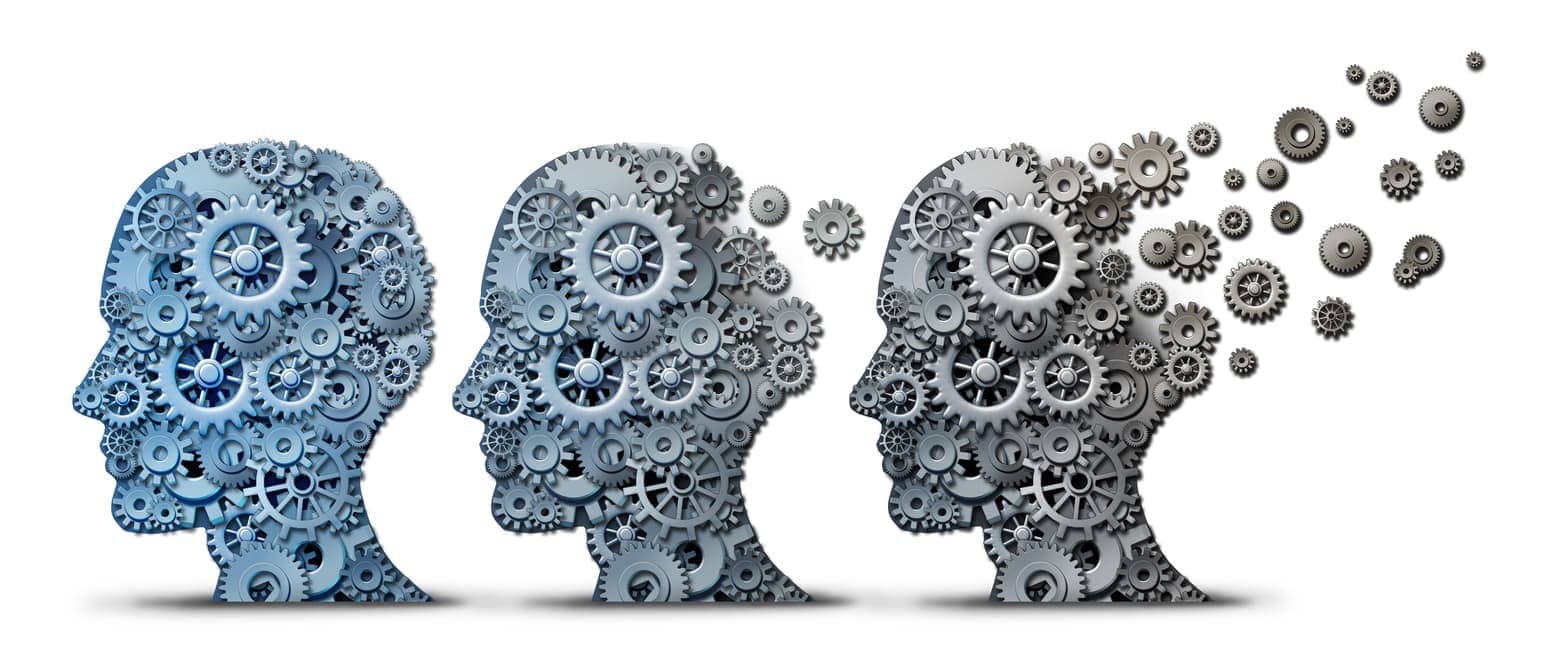
A Closer Look At Memory Care
What do we mean when we talk about “memory care?” Much like the word dementia – which is used as an overarching term to talk about cognitive disorders like Alzheimer’s disease – memory care encompasses many therapies, assistance and other forms of care.
Dementia is a progressive disease, and individuals in the early stages will require less attention and care than someone in the mid-to late-stages. In the early stages, seniors may only need a little assistance to live independently, such as someone to remind them to take their pills or assist with chores or small tasks of daily life. Eventually, however, the senior will require attentive care around-the-clock in order to provide a high quality of life. This can be incredibly difficult for family caregivers to manage, which is why so many families turn to communities like Avalon Memory Care to provide peace of mind and caring assistance.
The Goals of Memory Care
The primary goals of memory care for individuals with dementia are to help slow the progression of the disease, to provide a safe environment for the senior to live in, and to enable the senior with dementia to live a purposeful, and enjoyable life. Here are some of the ways memory care communities are designed to accomplish this:
A safe, secure environment
Individuals with dementia are at risk for wandering, falls and other accidents or injuries. In a memory care community, residents have all the comforts of home alongside a secured system that keeps them from wandering away from the property. Memory care also is designed to meet the accessibility needs of residents, so there are wheelchair ramps, grip bars, emergency call systems and other features that help loved ones with dementia be as safe as possible.
Exceptional services and amenities
Just like an independent or assisted living community, memory care takes care of all the details so residents and families don’t have to worry about a thing. Meals, housekeeping, laundry, transportation, assistance with tasks of daily life – it’s all provided in a home-like setting.
Caring staff members
The professionally trained staff members are what bring “care” to memory care. Trained staff is available around the clock to care and assist residents, as well as provide therapies and different care techniques. More than that, they are compassionate and treat residents like family members, providing a sense of familiarity and comfort to their care.
High quality care
Staff at memory care communities works in tandem with medical professionals to make sure the treatment each resident receives is what’s best for the individual. Ongoing training is provided to learn about new therapies available, and care plans are revisited on a regular basis to ensure the highest level of wellness for all residents.
Engaging activities and events
Home is where the heart is, and so memory care incorporates a lot of fun and enjoyment so residents love where they live. From fitness classes to social gatherings to live entertainment and so much more, events and activities are tailored to be of interest to memory care residents, and there are always opportunities to help maintain current skills and celebrate remaining abilities.
When your loved one needs memory care, your family can turn to the trusted providers at Avalon Memory Care. Call (972) 713-1383 to arrange a tour of our beautiful, home-like assisted living centers.
See More Articles
-
Understanding Parkinson’s Disease and Dementia
Parkinson’s disease is an incurable neurological disorder, with progressively worsening complications. Perhaps the most well-known symptom of Parkinson’s is a hand tremor, but it can also cause speech changes, muscle rigidity, and impaired posture. Eventually, as the disease progresses, more than half of all individuals with Parkinson’s will require dementia care. This particular type of
-
The Long Goodbye: Understanding Anticipatory Grief and Dementia
When you have a family member who is suffering from dementia, it’s not unusual to find yourself experiencing sharp and sudden emotions. The gradual loss of a loved one is, in many ways, comparable to experiencing the death of someone close to you. With progressive dementia, this sense of loss is accompanied by another emotion
-
Hope For the Future: Emerging Alzheimer’s Research
According to the latest statistics, as many as 5.5 million Americans are living with Alzheimer’s disease, and its prevalence is only expected to rise in the next few decades. At the same time, however, research into treatments for the condition is accelerating. With every passing year, we move a little further down the road toward
Testimonials
Downloadable Resources
We Are Avalon
Discover the heart of our community; download ‘We Are Avalon’ to get to know our dedicated team and our commitment to providing a warm, family-like environment.
Transitional Care Guide
If you’re considering a transition, we’re here to help; download our Transitional Care Guide for compassionate guidance through each step of the process.
Schedule a Tour
Visit one of our 30+ campuses and experience our unique approach to memory care.












